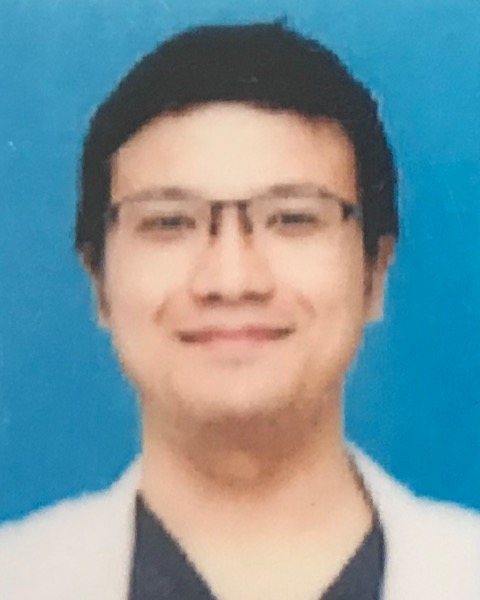Back
Poster, Podium & Video Sessions
Podium
PD01: Kidney Cancer: Basic Research & Pathophysiology I
PD01-03: Alanine–serine–cysteine transporter 2 in glutamine metabolism is a therapeutic target for renal cell carcinoma
Friday, May 13, 2022
7:20 AM – 7:30 AM
Location: Room 252
Yoshinari Muto*, Makoto Sumitomo, Masanobu Saruta, Atsuhiko Yoshizawa, Kiyoshi Takahara, Ryoichi Shiroki, Toyoake, Japan
Podium Presenter(s)
Introduction: The glutamine pathway has been implicated in tumor progression in various malignancies, including renal cell carcinoma (RCC). Alanine–serine–cysteine transporter 2 (ASCT2) is a transporter that promotes glutamine uptake through the cell membrane. We have recently reported that ASCT2 is associated with metastatic progression and survival in RCC. In the present study we investigated whether ASCT2 inhibition can provide a benefit strategy for RCC therapy.
Methods: The following cell lines were used: 786-O, 769-P, Caki-1, ACHN, and A498. The protein expression of ASCT2 and actin were detected by Western blotting. Cell viability was assessed using WST-8 assay. Intracellular concentrations of glutamine and glutamate were analyzed using liquid chromatography-mass spectrometry (LC/MS). V9302 was used as a specific ASCT2 inhibitor. In vivo 786-O cells injected subcutaneously into athymic nude mice were treated with various doses of V9302 intraperitoneally.
Results: Western blot analyses showed that ASCT2 was expressed in all RCC cell lines at various levels. Treatment with V9302 resulted in a decrease in protein expression of ASCT2 as well as an increase in intracellular glutamine concentration both in 786-O and 769-P. In contrast, that resulted in a reduction of glutamate concentration. WST-8 assay showed that V9302 inhibited the viability of 786-O and 769-P cells in a dose-dependent fashion. The tumor xenograft study confirmed that V9302 (30 mg/kg, intraperitoneal injection) significantly inhibited 786-O tumor growth compared with controls within three weeks after treatment (p <0.01).
Conclusions: Our results suggest that ASCT2 inhibition using V9302 may represent a novel therapeutic option for RCC.
Source of Funding: None
Methods: The following cell lines were used: 786-O, 769-P, Caki-1, ACHN, and A498. The protein expression of ASCT2 and actin were detected by Western blotting. Cell viability was assessed using WST-8 assay. Intracellular concentrations of glutamine and glutamate were analyzed using liquid chromatography-mass spectrometry (LC/MS). V9302 was used as a specific ASCT2 inhibitor. In vivo 786-O cells injected subcutaneously into athymic nude mice were treated with various doses of V9302 intraperitoneally.
Results: Western blot analyses showed that ASCT2 was expressed in all RCC cell lines at various levels. Treatment with V9302 resulted in a decrease in protein expression of ASCT2 as well as an increase in intracellular glutamine concentration both in 786-O and 769-P. In contrast, that resulted in a reduction of glutamate concentration. WST-8 assay showed that V9302 inhibited the viability of 786-O and 769-P cells in a dose-dependent fashion. The tumor xenograft study confirmed that V9302 (30 mg/kg, intraperitoneal injection) significantly inhibited 786-O tumor growth compared with controls within three weeks after treatment (p <0.01).
Conclusions: Our results suggest that ASCT2 inhibition using V9302 may represent a novel therapeutic option for RCC.
Source of Funding: None

.jpg)
.jpg)
